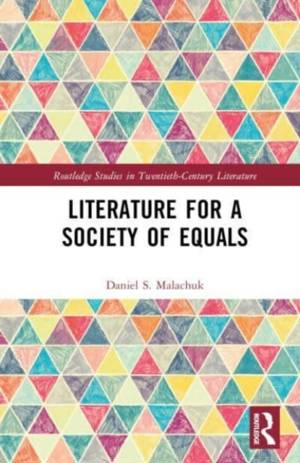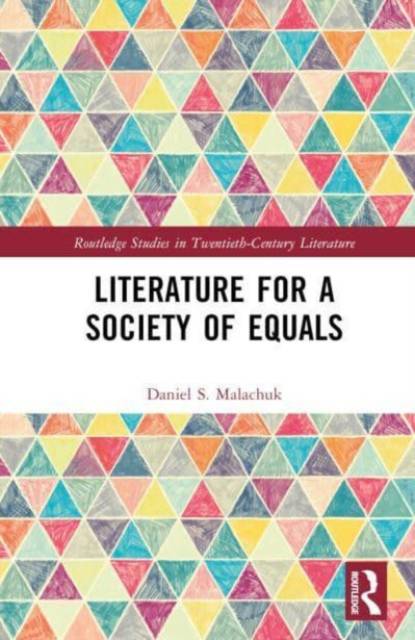
- Retrait gratuit dans votre magasin Club
- 7.000.000 titres dans notre catalogue
- Payer en toute sécurité
- Toujours un magasin près de chez vous
- Retrait gratuit dans votre magasin Club
- 7.000.0000 titres dans notre catalogue
- Payer en toute sécurité
- Toujours un magasin près de chez vous
Description
Literature for a Society of Equals defends modern equality and seeks its best literature. For students and teachers of literature at the university level, this volume is a guide to those writings that champion equality as relational, sacred, and ours-not time's-to realize.
Spécifications
Parties prenantes
- Auteur(s) :
- Editeur:
Contenu
- Nombre de pages :
- 230
- Langue:
- Anglais
- Collection :
Caractéristiques
- EAN:
- 9781032494234
- Date de parution :
- 29-09-23
- Format:
- Livre relié
- Format numérique:
- Genaaid
- Dimensions :
- 152 mm x 229 mm
- Poids :
- 494 g

Les avis
Nous publions uniquement les avis qui respectent les conditions requises. Consultez nos conditions pour les avis.






